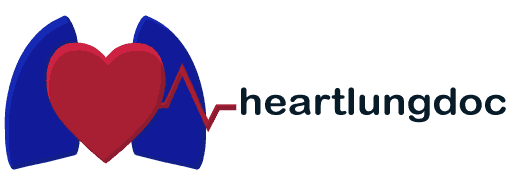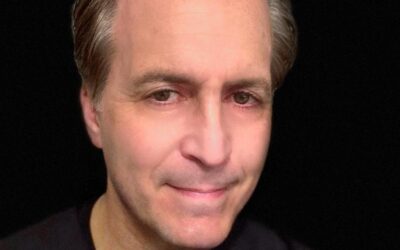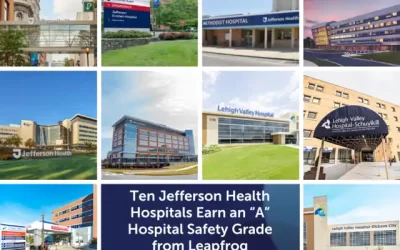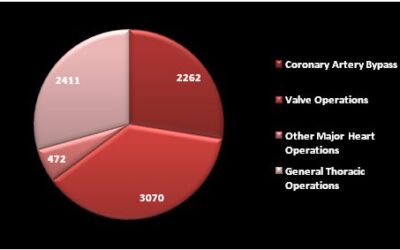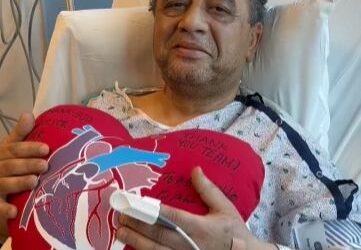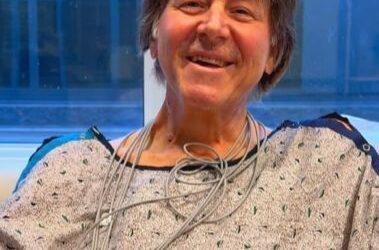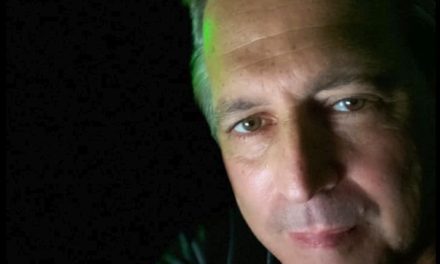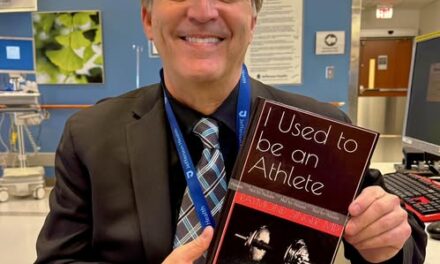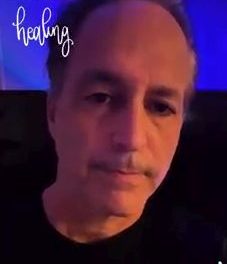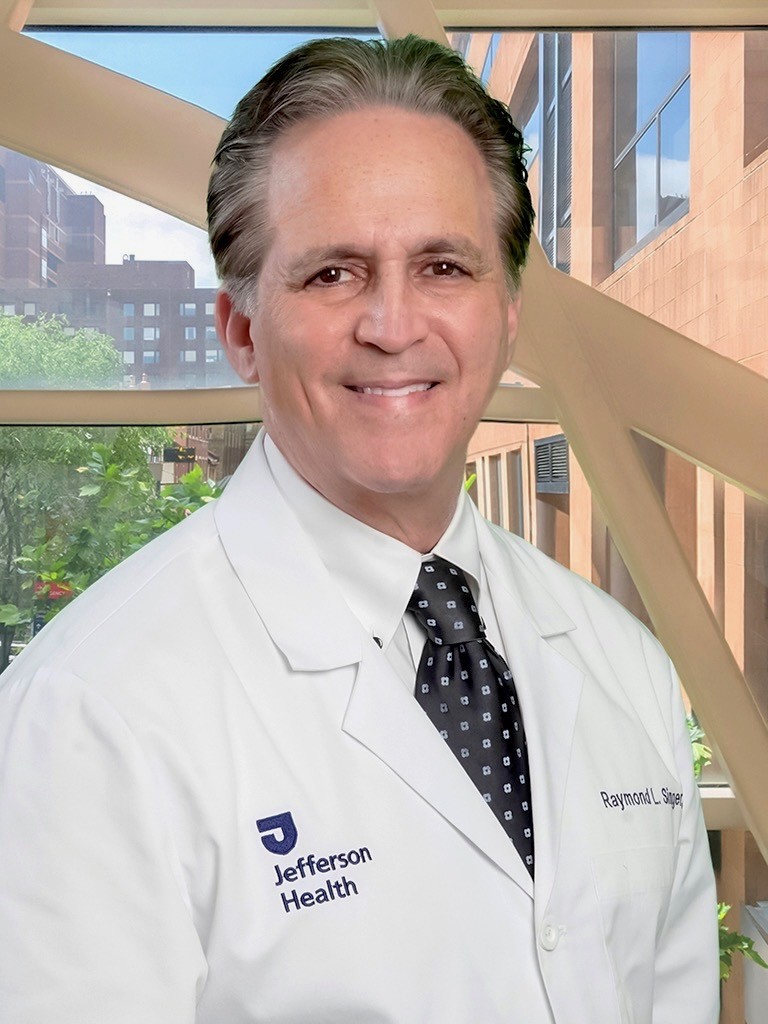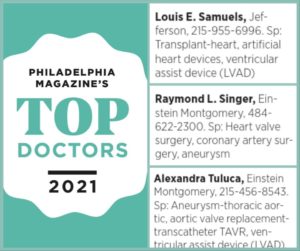“There’s a lot more to medicine than just science, son.”
It’s a beautiful day outside and as always, I enjoy taking walks around our stunning campus at Jefferson Einstein Montgomery Hospital. Working at a hospital that is both beautiful and modern is of course a joy. However, the greater good is the impact that these beautiful facilities have on our patients’ recoveries.
Many research studies now reveal how beauty can heal patients on many levels. A study at the University of Michigan found that a high appreciation of beauty helps people recover from anxiety and depression.
At the University of California, Berkeley, research found that people who experience awe in response to nature’s beauty have significant lower levels of inflammation, reducing the risk of depression, diabetes, cardiovascular disease, and other illnesses. In fact, research found that the more often we experience awe, the lower our inflammation levels.
On a personal note, though my father was not a doctor, he gave me the most sage advice when I graduated medical school. At that point, my father had been battling multiple cancers. Through his experience as a patient, having undergone multiple cancer surgeries and treatments, he reminded me at my graduation that “there’s a lot more to medicine than just science son.”
My father understood that a caring and comfortable healing environment, with compassionate doctors and staff, could make all the difference in a patient’s mental wellbeing, and provide patients with more hope and inspiration to recover.
My Dad sadly passed away from his cancers in 1994, most sadly he died on Father’s Day. But his teachings live on in me —and for that, I am forever grateful.
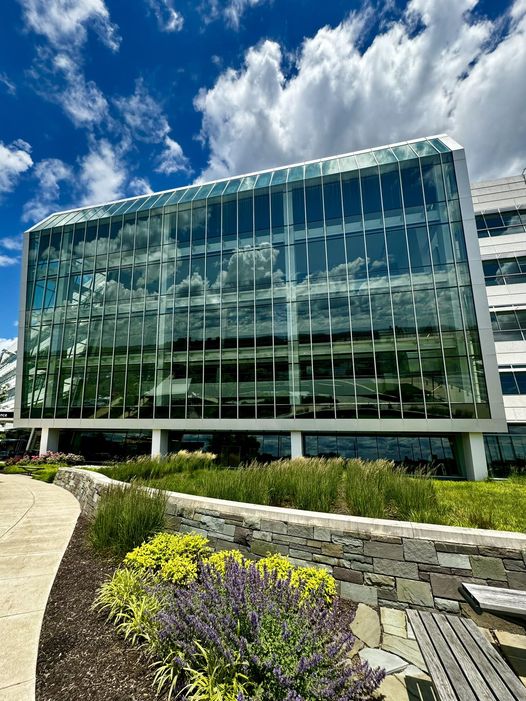
Recent Posts
When is the Best Time to Exercise?
This video talks about the advantages of exercising in the morning. Morning workouts release endorphins and improve blood flow, helping you to feel more energized and mentally sharp throughout your day. There are fewer distractions in the morning and it makes it...
May is Mental Health Awareness Month
Let’s take this opportunity to reflect on something essential, yet often overlooked in professional environments: our mental well-being. In a world that values productivity and performance, it’s easy to forget that behind every deadline, meeting, or project is a human...
10 Jefferson Hospitals Earn an “A” Safety Grade
We are incredibly proud to announce that 10 Jefferson Health hospitals have received an "A" Hospital Safety Grade from The Leapfrog Group for Spring 2025. This recognition underscores our commitment to improve patient lives and prioritize their safety across our...
Patient Outcomes – May 1, 2025
Nothing can be more important than knowing the experience level of your surgeon. Generally speaking, the more you do something, the better you become! Since entering practice in 1992, I have performed over 8,215 major heart and lung operations and numerous minor...
Day #5 After CABG Surgery
With the patient’s permission, this video discusses the post-operative journey of an individual who underwent urgent/emergent conventional sternotomy, triple-vessel coronary artery bypass graft (CABG) surgery, after developing severe chest pain with ECG changes during...
Left Thoracotomy for Complex Mitral Valve Replacement
This is a unique case of a 64-year-old man who had a history of Hodgkins disease with mantle radiation to his chest. I had performed a surgical aortic valve replacement 10 years prior with a biological valve that is still working well. The patient now presented with...
Featured
Pages
- Learn about heart valves. Heart Valves
- Read testimonials. Testimonials
- Did you know I have a consulting firm? Singer Heart/Lung Consulting
- Check out my TedTalk! Defining Success
Links
- Links page with more information about your heart. Links
- Dr. Adam Pick's Site: heart-valve-surgery.com
